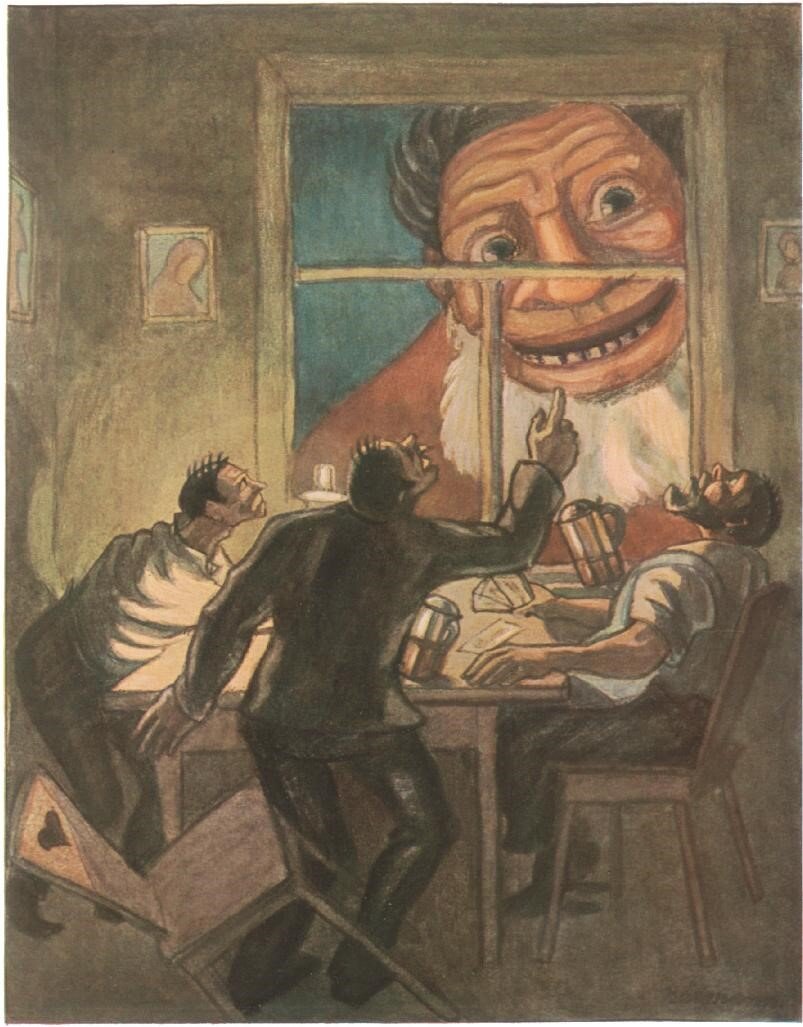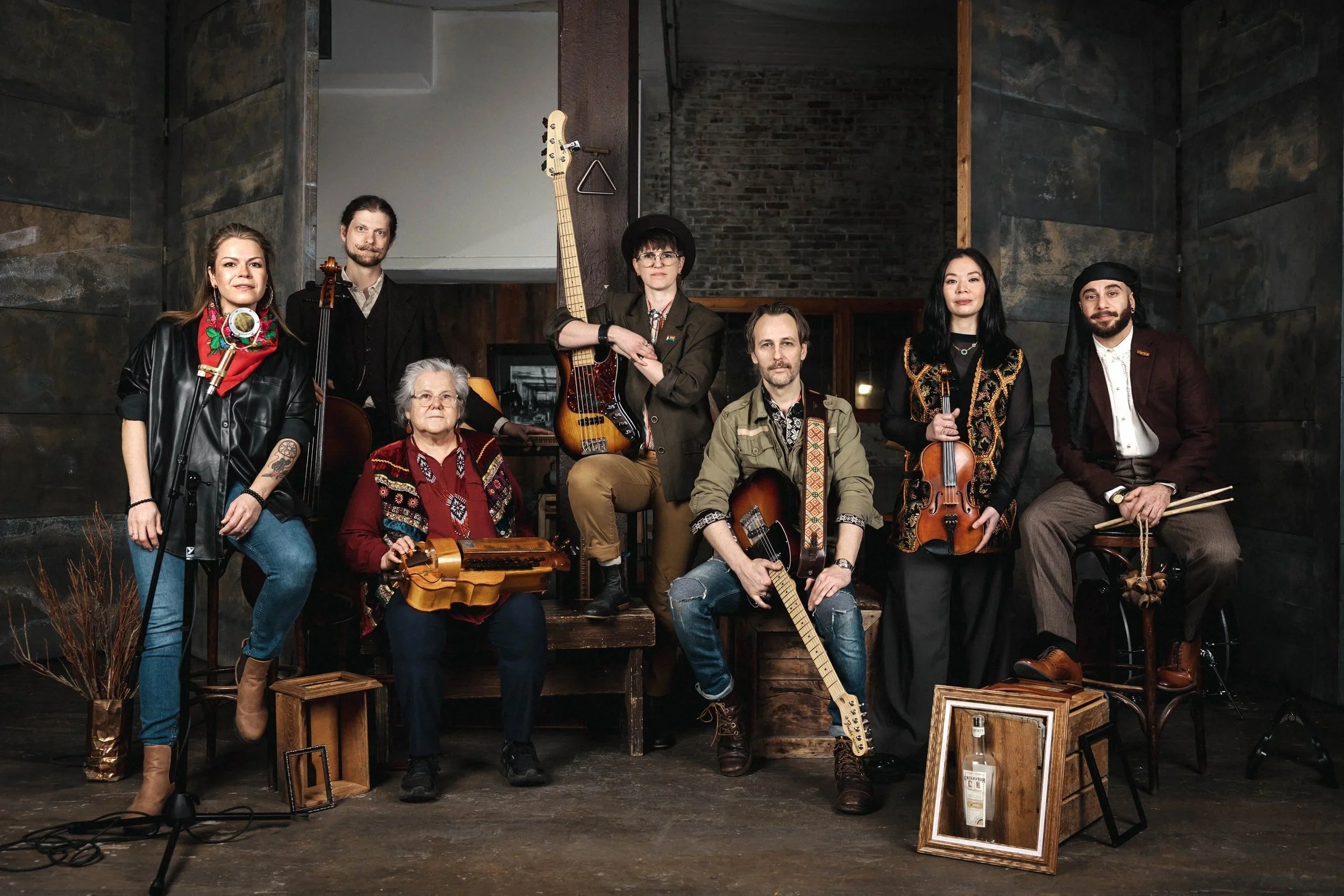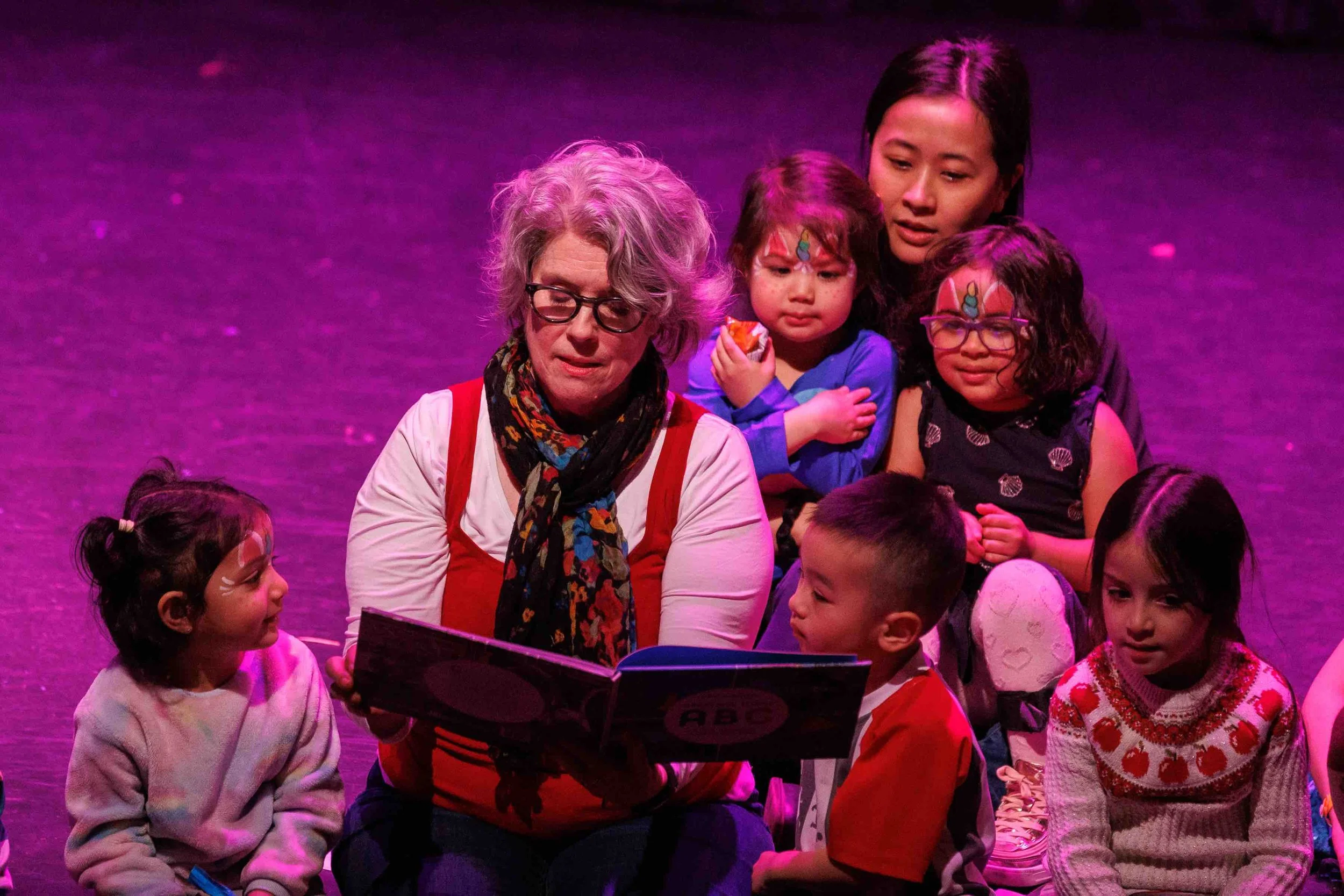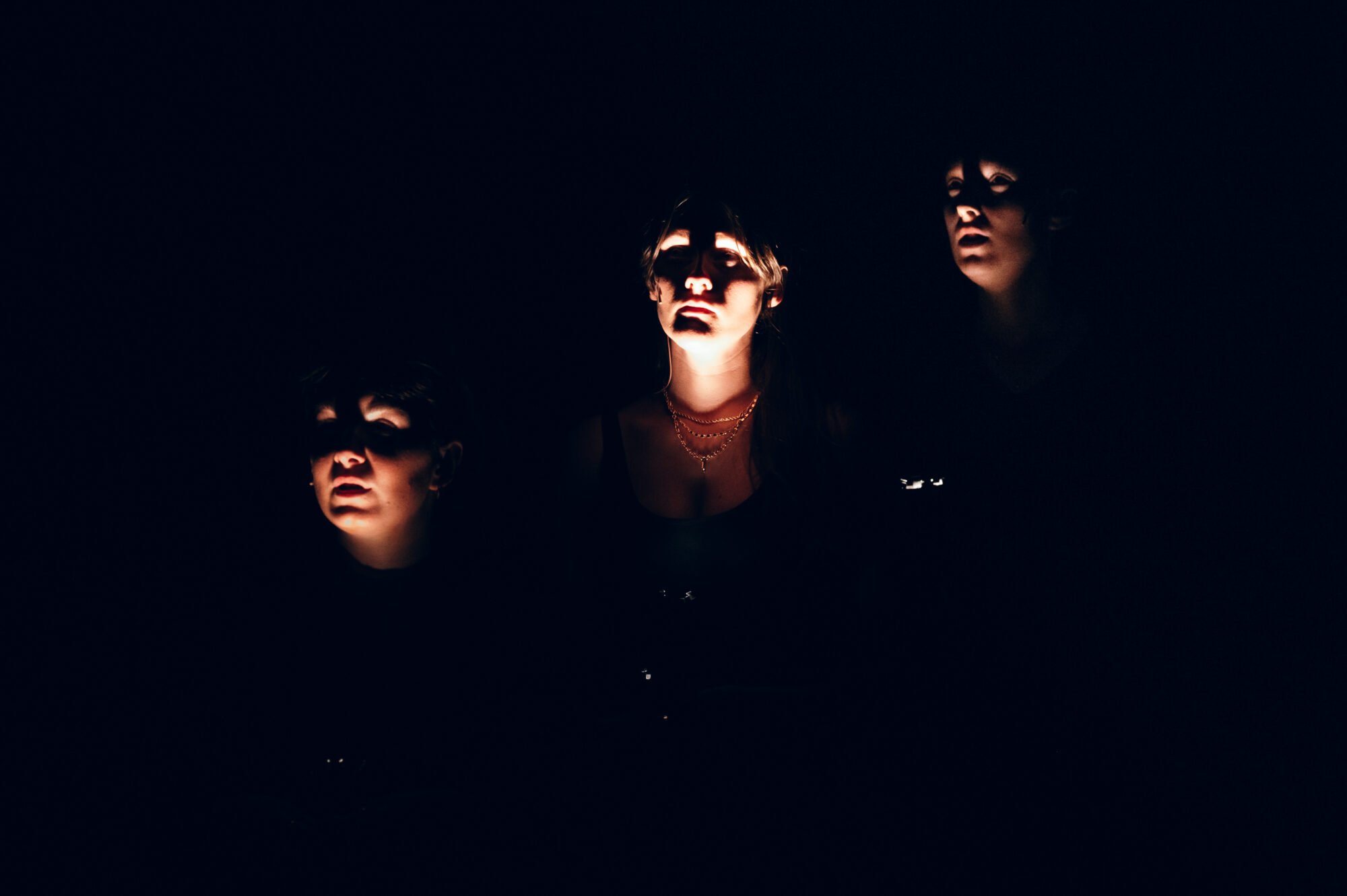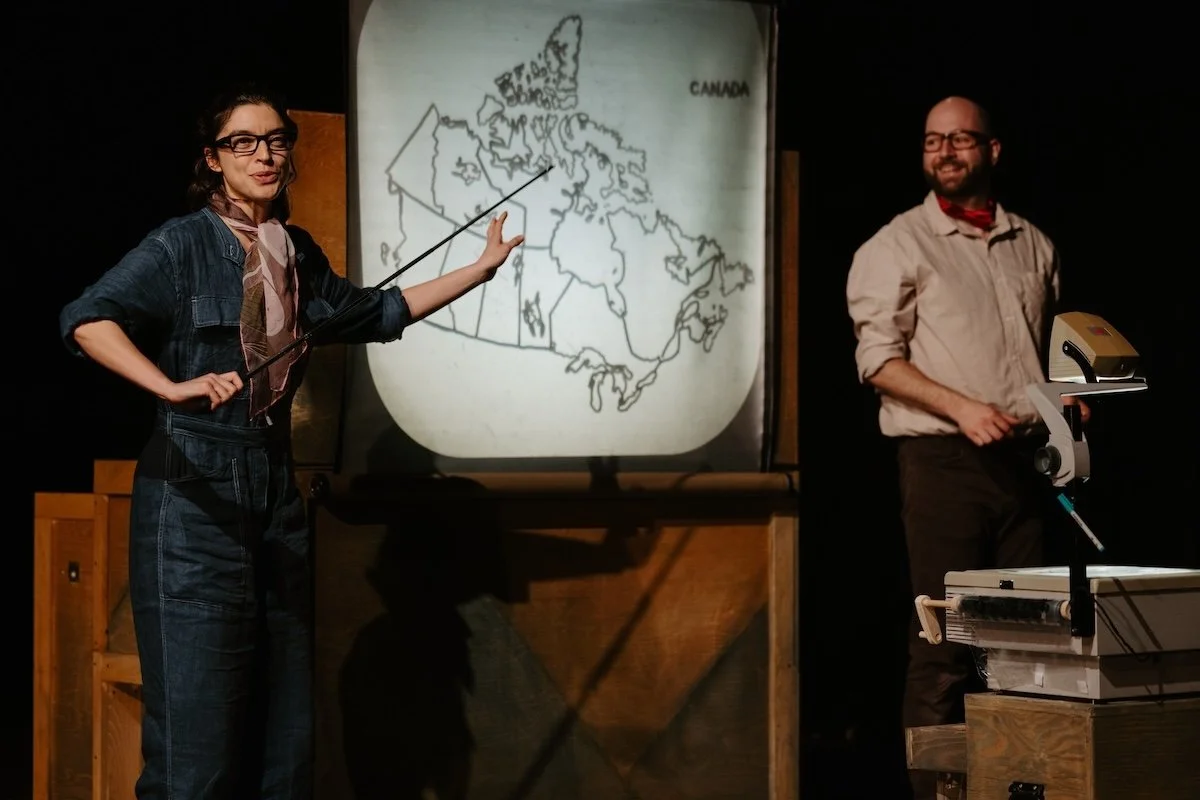Jack Zipes shares insights into how fairy tales offer truth and hope in the face of fascism
Vancouver’s MISCELLANEOUS Productions hosts a free online lecture and Q&A with the renowned folklorist
Fearless Ivan and his Faithful Horse Double-Hump – A Russian Folk Tale.
Resurrecting Dead Fairy Tales, a free Facebook Watch lecture and Q&A with folklorist Jack Zipes presented by MISCELLANEOUS Productions, takes place on February 17 online. The filmed lecture starts at 5 pm PST, followed by the live Q&A.
IN RUSSIAN POET Pyotr Yershov’s 1834 tale “Konyok-Gorbunok” (“The Little Humpbacked Horse”), a peasant boy named Ivan befriends a homely pony. Many adventures later, with the help of his sidekick, Ivan ends up defeating a cruel tsar. The story speaks of the importance of kindness and the evil of tyranny, it being just one example of the way fairy tales convey morals or warnings through magic.
Jack Zipes.
World-renowned folklorist and storyteller Jack Zipes retells the story in wondrous style in his 2018 book Fearless Ivan and his Faithful Horse Double-Hump – A Russian Folk Tale, complete with vividly colourful postcard illustrations by Russian artists.
Zipes has devoted his entire career to keeping fairy tales alive. A professor emeritus of German and comparative literature at the University of Minnesota, he is the translator of two major editions of the tales of the Brothers Grimm. In his own words, fairy tales “offer a utopian alternative to the deplorable real conditions of our times”.
He’s also collaborating with Vancouver’s MISCELLANEOUS Productions, a hip-hop theatre boot camp for community youth, sharing stories and insights for the local company’s ambitious upcoming project.
This past fall, Zipes re-released two tales about fascism. Deirdre and William Conselman, Jr.’s Keedle, the Great and All You’ve Ever Wanted to Know About Fascism is about a kid who is mean to animals. As he becomes a bigger bully, he shrinks in size. When it was originally written in 1940, it aimed to give Americans hope that dictators could be conquered. Yussuf the Ostrich, originally written and illustrated by political caricaturist Emery Kelen in 1943, is the story of a young idealistic ostrich who has to overcome racism, war, and separation from his mother in northern Africa during World War II.
Zipes founded of his own publishing house, Little Mole and Honey Bear, to bring back works from the past that were at risk of being lost. These kinds of stories are now more important now than ever, says MISCELLANEOUS Productions artistic director Elaine Carol. The company is presenting an online lecture and moderated Q&A with Zipes on February 17 called Resurrecting Dead Fairy Tales. Current events around the world—and their impact on young people—make his work especially relevant.
“The lecture is really centred around an antifascist approach to working with children,” Carol tells Stir. “He’s really focused on best ways, best practices, in teaching children about antifascism. The books he translated and has published are really uplifting and very positive, but of course the characters come from rather low-income backgrounds, they’re orphaned, and have many struggles that they have to overcome, but there’s always some magic in the books. There’s quite often some kind of wonder animal that comes along and assists in conquering fascism. These authors were very popular in their time but as the century went on, their names were forgotten. I’m convinced these stories would have been lost to us had he not translated them.
“When I saw what was going on at the U.S. Capitol, I thought it was the most horrible thing—something that I thought we would never really see in our lifetime,” Carol says. “I knew that Jack’s work was extremely important, but after seeing what happened at the Capitol, nobody can deny how important this work is right now.”
Johnny Breadless – A Pacifist Fairy Tale.
Resurrecting Dead Fairy Tales has two components: a lecture by Zipes that was filmed in the Upson room in the University of Minneapolis’ Victorian Walter Library at 5 pm PST. The filmed talk features images from many of the books he has translated, retold, or written himself. (He also shares a personal story about an encounter with Albert Einstein.) Afterward, Carol will moderate a live Q&A.
In addition to those aforementioned tales, the event (which is geared to older youth and adults) will look at The Giant Ohl and Tiny Tim by Christian Bärmann; Johnny Breadless – A Pacifist Fairy Tale by Paul Vaillant-Couturier and illustrated by Jean Lurçat; Charles Godfrey Leland and His Magical Tales; and Zipes’s Ernst Bloch: The Pugnacious Philosopher of Hope.
Resurrecting Dead Fairy Tales is one of a series of events that will help shape MISCELLANEOUS Productions’ next community-engaged and youth-centred theatre work, Plague. The professionally produced hip-hop musical-theatre work will explore issues born out of the COVID-19 pandemic, examining the plague through fairy tales, myths, and animal wonder tales from Indigenous and international cultures. Once the creation process begins, participating youth, in collaboration with professional artists, will subvert and decolonize the original Grimm story of plague, “The Pied Piper”, from an intersectional, anti-racist, anti-oppression, queer feminist perspective. As with other MISCELLANEOUS Productions works, a documentary film of Plague will be created that will incorporate elements of the final stage production, workshops, and the virtual performance-lecture featuring Zipes. The hope is to present the work in 2022.
In addition to his extensive knowledge of fairy tales and folklore, Zipes brings to his work with MISCELLANEOUS Productions his experience as a co-creator of Neighbourhood Bridges, an internationally recognized, community-engaged theatre program that uses storytelling and theatre to help children and youth develop critical and storytelling skills. In her work, Carol is seeing just how desperately young people need those kinds of opportunities, especially now.
While the pandemic has had a disastrous effect on so many segments of society, youth are feeling the impact acutely, Carol says. MISCELLANEOUS Productions (which is a community partner of the Dance Centre) works closely with at-risk youth and Indigenous youth. Prior to the pandemic, it was about to embark on dance and theatre workshops all over B.C. with kids of all kinds of backgrounds: local youth, youth from Westbank First Nation, incarcerated youth, and refugees. With province-wide public-health restrictions ongoing, youth are missing after-school and weekend programs; research suggests that youth are increasingly experiencing anxiety and depression. The effects of the opioid crisis only exacerbate things for many of the communities MISCELLANEOUS Productions works with.
The company has pivoted, with several virtual programs coming up (including a beginner’s filmmaking session with Ann Marie Fleming and Music Industry 101 workshop with Tonya Aganaba, Jaya Story and Robin Layne). It will celebrate its 20th annivesary online. The creation of Plague is also being informed by a series of costume- and visual art-creation workshops called of “Distance Hats”, which are being held via Zoom with youth from throughout BC.
Carol is grateful to have those online programs in place, but they’re not the same as being able to engage creatively together.
“I believe teens are feeling disconnected and hopeless due to COVID-19,” Carol says. “Nobody knows how to navigate a pandemic….It’s a tough, tough time for young people right now.
“On one hand, this generation of young people is more tech savvy, but they’re also sick of being on their phones and computers; they’re on them all day. They want activity, they want to be able to get together and dance, get together to write a play. We can’t do that right now.”
The Giant Ohl and Tiny Tim
Carol sees the February 17 event as a chance to reconnect with our imaginations and learn in a unique way during a time of great anxiety. Zipes has said fairy tales “serve a meaningful social function, not just for compensation but for revelation: the worlds projected by the best of our fairy tales reveal the gaps between truth and falsehood in our immediate society”.
The tales that Zipes specializes in are complex and not the sanitized versions that Walt Disney has reproduced. In fact, Zipes wrote a blistering essay in 1999 called “Breaking the Disney Spell”, in which he accuses Disney of attacking “the literary tradition of the fairy tale”. The original “Frog Prince”, for instance, was a not a cute story of a princess kissing a frog but in fact a story of rape, subservience, defiance, and revenge.
Zipes breathes new life into original stories out of his desire to foster social justice. Similarly, the driving force of MISCELLANEOUS Productions’ work is to help youth voices be heard and to find artistic solutions to some of society’s pressing issues.
“It’s not that art or literature are going to fix the big problems, but I think they can help,” Carol says. “Jack’s books aren’t a cure-all for all of society’s problems, but if we want to teach children how to live and work without fascism in their lives, this is a good beginning. It’s a good place to start. Plus his books are funny and entertaining and adorable and silly—all that stuff that children’s books should be. But there are so many layers to them. And images are beautiful.
“Fairy tales are archetypal stories that came down to us through our cultures, through oral history,” Carol says. “No matter where in the world people originated from, we’ve carried our stories with us. This is part of our existence as humans. If we want to learn how to communicate with each other more gently and effectively, maybe fairy tales can help us with that.”





